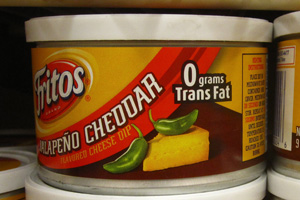
Best Reader Tips of 2021
This year reader tips led to dozens of ad alerts, as well as a complaint to regulators.
You have probably seen the “0 grams trans fat” label on everything from spreads to chips at the supermarket. Trans fats are now known to raise your bad cholesterol, increasing your risk of stroke and heart disease.
According to the American Heart Association, we should aim to keep our consumption of trans fat to no more than 2 grams per day (roughly 1% of our daily calories). But most of us already take in about 2 grams of naturally occurring trans fat from dairy and meat products so we really cannot afford any more from man-made products. The FTC is in full support of labeling trans fat content in food “because it can help consumers identify relatively healthful products more easily.”
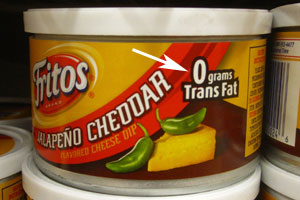
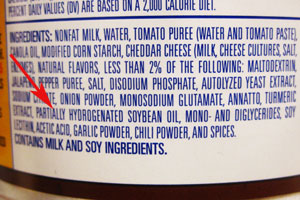
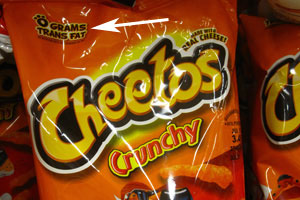
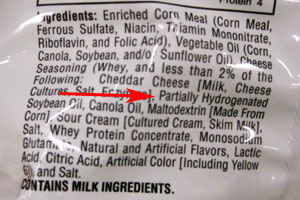
So, you might think that you are making a healthy choice by buying a food product that is labeled “0 grams trans fat.” But did you know that the FDA considers anything under 0.5 grams of trans fat per serving to be “zero?” So take that bag of popcorn you ate while zoning out in front of the television last night. Guess how many servings are in it? Three! So in reality, that “0 grams of trans fat” bag of popcorn might contain as much as 1.47 grams of trans fat. Add that to everything else you ate yesterday that was also labeled “0 grams trans fat” and you might be in pretty big trouble.
Keep this in mind next time you get taken in by the splashy labels on the front of the box of your favorite treat. If you really want to know if a product contains trans fat, the FDA says you should look at the ingredient list on the food label. If the ingredient list includes shortening, partially hydrogenated oils, or hydrogenated oils, the food contains trans fat.
This year reader tips led to dozens of ad alerts, as well as a complaint to regulators.
It’s the perfect formula for a class-action lawsuit trend.
These marketing claims are feeling the heat.
